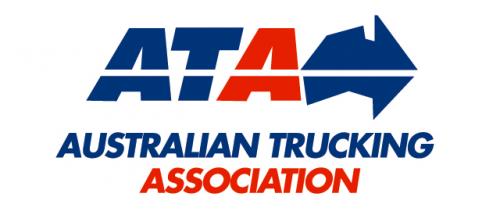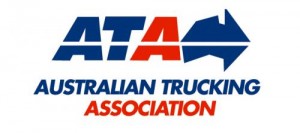Chain of Responsibility News: ATA Weighs in on COR Changes
According to the Australian Trucking Association and its Chief Executive, chain of responsibility provisions in the Heavy Vehicle National Law should be altered to make it less complex without compromising on safety.
Stuart St Clair, ATA Chief said recently that the current CoR provisions need to be streamlined and made more consistent to address issues relating to the provisions plaguing the industry and regulators at the moment.
The ATA made a submission to the National Transport Commission’s Chain of Responsibility (CoR) duties review in which it suggested a restructuring. St Clair said the current provisions are too complicated and even those in the legal fraternity find it difficult to comprehend at times.
St Clair was recently quoted in a post on www.BigRigs.com.au,
“The ATA has long argued that the complexity and inconsistency of the existing CoR provisions is a problem for industry and regulators. Even prosecutors and judges have trouble understanding them,” Mr St Clair said.
“From an industry point of view, the lack of clarity and sensible organisation in the law makes it unnecessarily difficult for businesses, managers and employees to understand and comply with their legal obligations.
“To address these issues, the CoR duties in the law should be restructured into a single chapter and duplicate provisions removed.”
Source: http://www.bigrigs.com.au
The ATA also argues in its submission that certain sections are ambiguous and difficult to understand such as the part that requires businesses to take “all reasonable steps” to prevent contraventions. They say this is misleading and operators also have problems with this.
The ATA suggests this problematic concept (“all reasonable steps”) be removed from CoR provisions and replaced with “so far as is reasonably practicable”.
St Clair went on to explain the ATA’s reasoning behind this suggestion,
“Businesses have a clear understanding of their obligations under ‘so far as is reasonably practicable.’ In addition, it has a history of consistent interpretation by the courts going back to 1949.
“There is probably little legal difference between the two standards, so the proposal would make the law clearer and more understandable without affecting safety.
Source: http://www.bigrigs.com.au
St Clair has called for CoR provisions to be made easier for businesses, management and staff to understand and therefore comply with which he says will be better accomplished by structuring the law into a single chapter, removing all duplicate provisions which just confuse operators and interested parties.
Another interesting recommendation made by the ATA in its’ submission is the call for the National Heavy Vehicle Regulator to publish guidelines for non-mandatory codes of practice to help businesses meet their chain of responsibility obligations.
St Clair went on to explain the importance of “evidentiary standards” as part of best practice safety regulation,
“An integral part of best practice safety regulation is the availability of evidentiary standards, such as industry codes of practice, that have special legal significance. Proof of compliance with an approved code of practice can be used as evidence of whether a duty has been complied with,” Mr St Clair said.
“Apart from transitional codes that were registered under the previous state laws, there are no codes of practice available under the HVNL, nor has the NHVR released guidelines for registering one.
Source: http://www.truckworld.com.au
St Clair concludes by urging the National Heavy Vehicle Regulator to issue these guidelines urgently. He also calls for the NHVR and NTC to publish more non-code guidance material for businesses to be educated on how to best comply.
For more about current CoR click here. Advice for operators and businesses can be obtained here.




